Joint BioEnergy Institute Engineers Bacteria that Can Use Hydrogen Gas for Energy
Researchers engineer bacteria that can use hydrogen gas for energy, freeing up sugar for more efficient production of renewable fuels and chemicals.
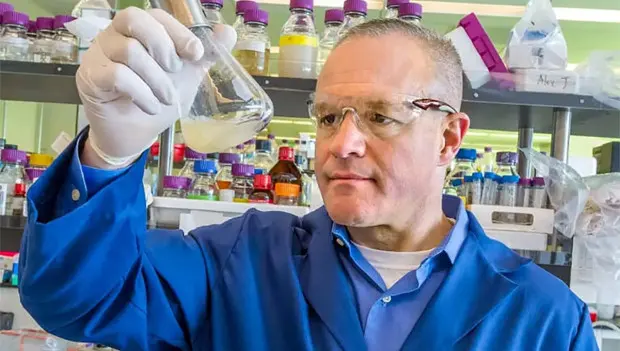
Researchers at the Lawrence Berkeley National Laboratory and UC Berkeley have engineered bacteria that can use hydrogen gas for energy – freeing up valuable sugar feedstocks to produce renewable fuels and chemicals more efficiently.
Traditionally, microbes that are used to make biofuels consume large amounts of sugar both as a raw material and as an energy source, limiting efficiency and driving up costs. The new approach allows bacteria to "eat" hydrogen gas instead, powering their metabolism without wasting sugar.
Because hydrogen gas provides roughly three times more cellular energy per dollar than sugar, this strategy could dramatically lower production costs for biofuels, bioplastics, and other biomanufactured products – helping them compete with petroleum-derived alternatives.
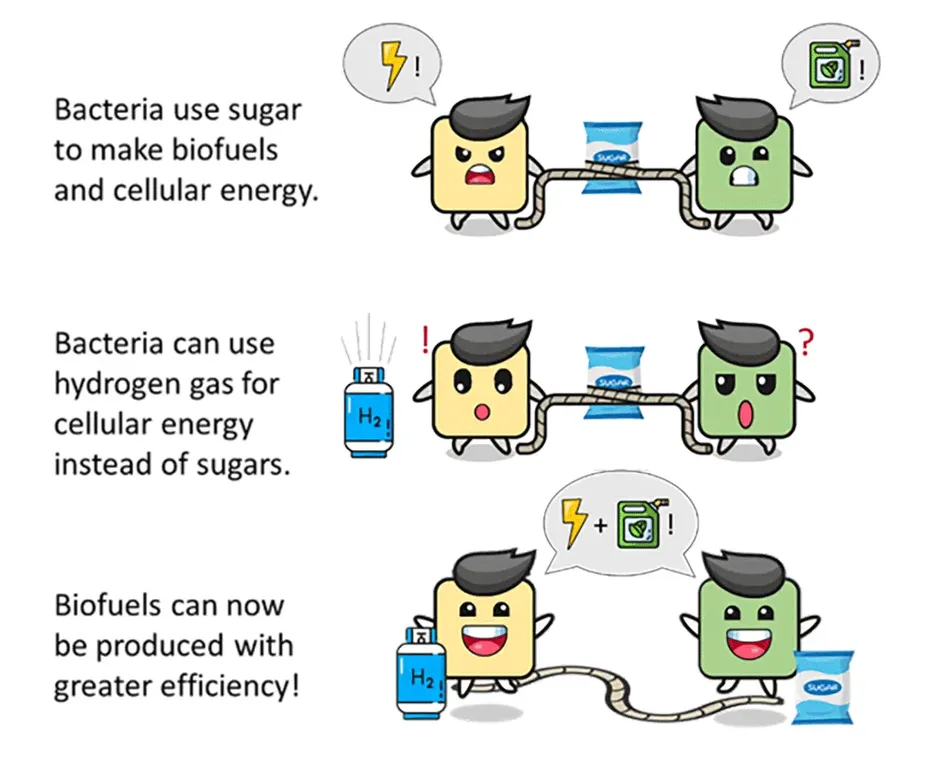
"For decades, we've made biofuels the way a car factory would if it burned half its car parts just to power the assembly line." said Bertrand, a post-doctoral fellow at the Joint BioEnergy Institute. "By instead teaching bacteria to use hydrogen gas for energy, we can stop that waste and make renewable production far more efficient".
You may also be interested in the news:
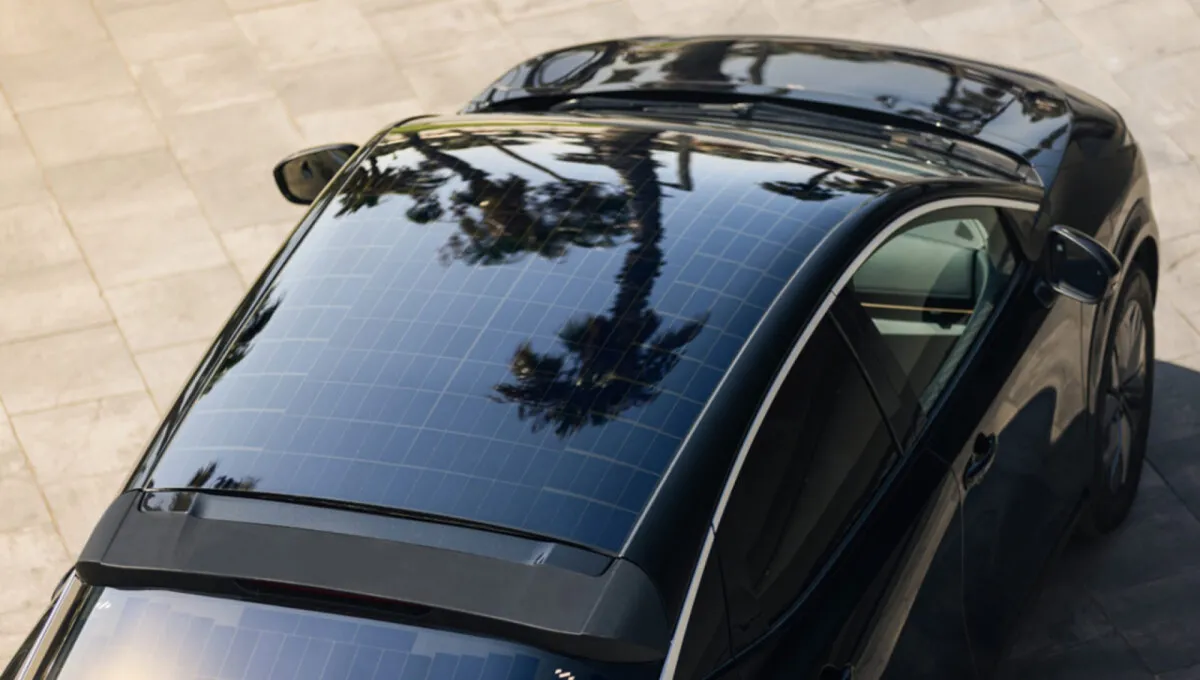
Nissan Builds a Solar-Powered Vehicle: Up to 14 Extra Miles of Range a Day in Ideal Conditions
The Nissan Ariya crossover has been turned into a solar-assisted EV experiment.
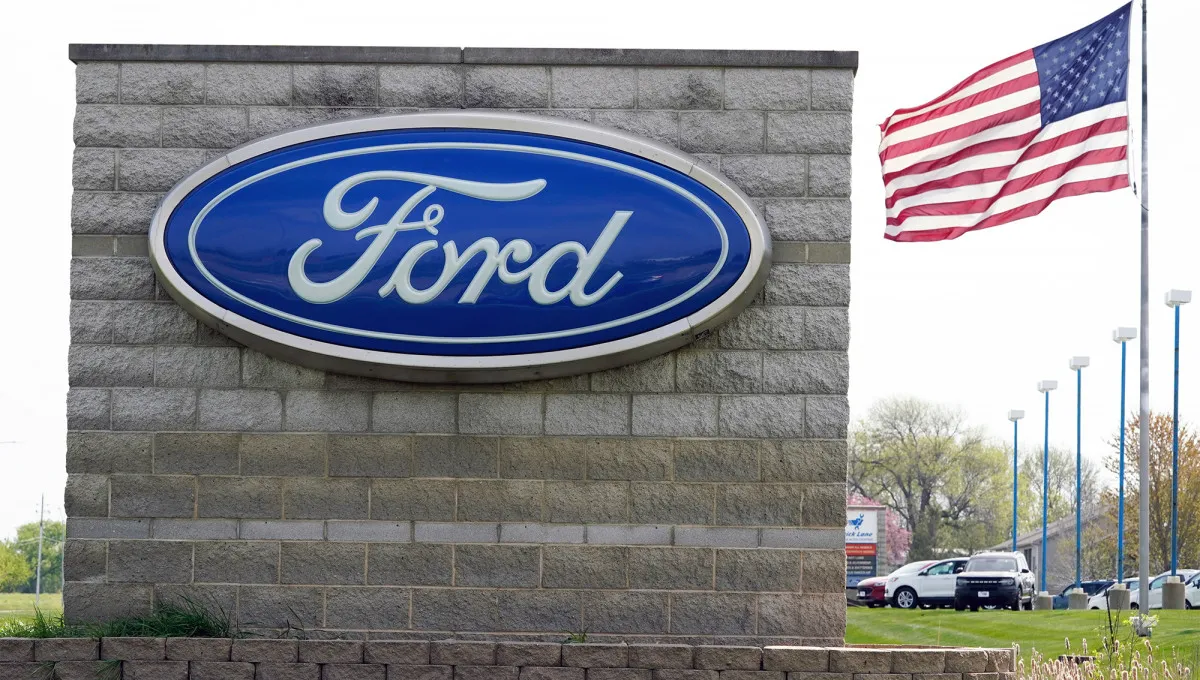
Ford Will Teach Cars to Measure Firewood From a Photo and Provide Navigation Assistance
Ford plans to integrate an AI assistant into Ford and Lincoln vehicles by 2027
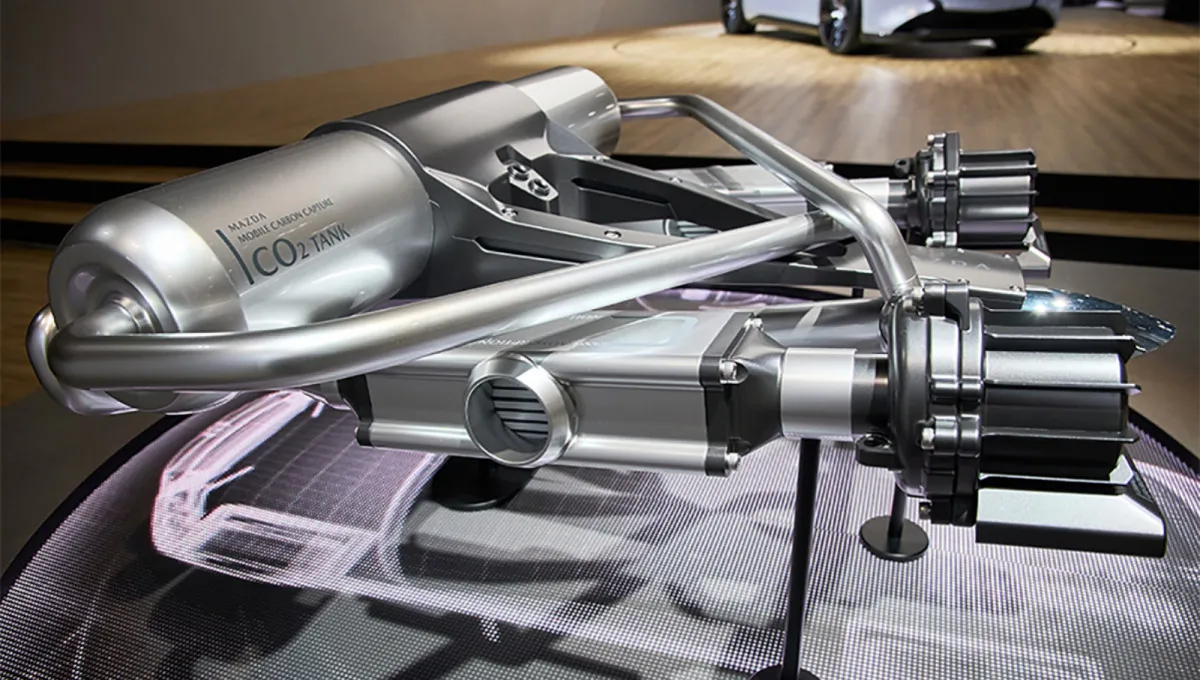
Mazda Unveils Vision X-Coupe Concept: A Car That Captures Its Own Exhaust
The system was successfully tested in Japan’s Super Taikyu endurance racing series.

Big, Multifunctional Cargo Area—Now With a Motor: Rivian Prepares a New Feature
Rivian has patented a tailgate with independently opening glass.
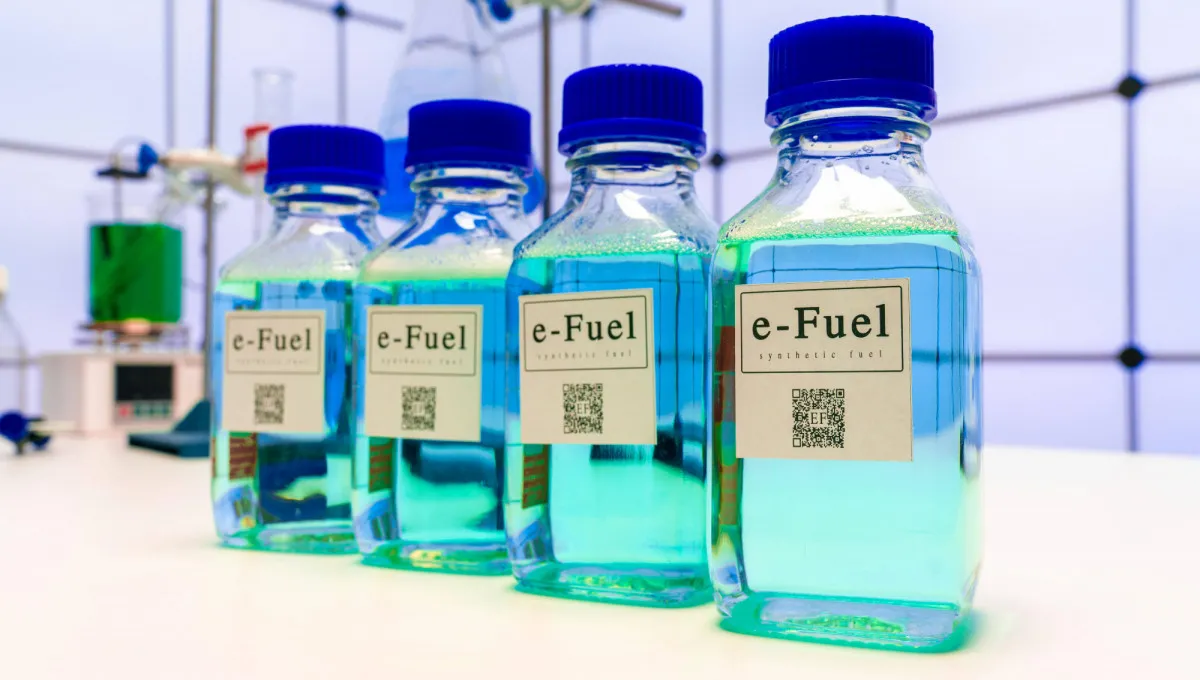
Can Synthetic Fuel Save the Internal Combustion Engine in 2026?
This technology promises a second life for combustion engines—potentially preserving today’s ICE vehicles rather than replacing them.